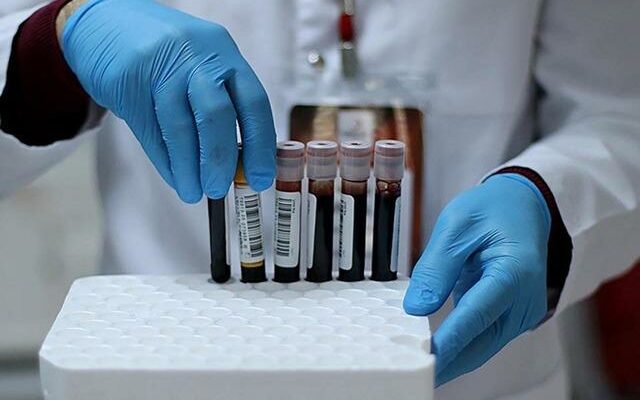It is expressed using the AB-0 system and the Rh factor system together to indicate blood type. These systems indicate the presence or absence of marker molecules called antigens on the surface of your red blood cells. A group blood shows the presence of A antigen, B group blood shows the presence of B antigen, and AB group blood shows the presence of both antigens. O group blood does not have these antigens. The presence of the protein that determines the Rh factor is indicated by the plus or minus signs we add to our blood type.
In the event of a possible blood transfusion, everyone knows which blood type is which, as blood with different antigens entering the body may trigger an immune response. Therefore, the possibility of blood type changing throughout life is not even taken into consideration.
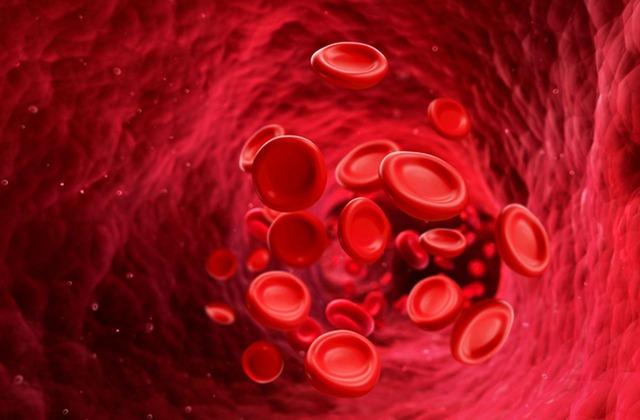
THE VARIETY OF MOLECULES EXTENDING OUTSIDE OF CELLS CREATES EXCEPTIONS
While genetically transmitted blood types are considered ‘immutable’, the diversity of molecules extending beyond the cells makes it possible for blood types to change.
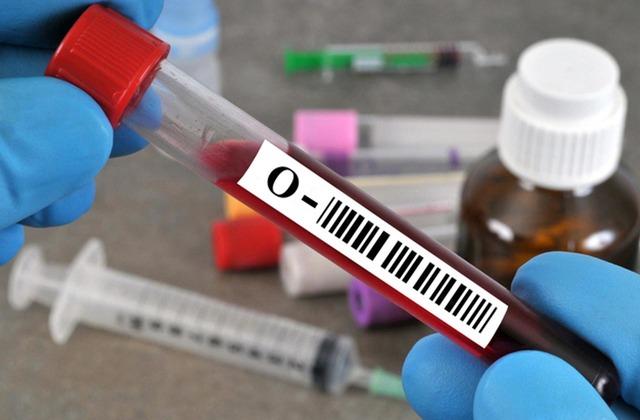
CAN BLOOD TRANSPLANTATION BE PERFORMED WITH DIFFERENT BLOOD GROUPS?
Hematopoietic stem cells (HSCs), which are responsible for creating new blood cells according to genetic codes, are found in many parts of the body, especially in our bones. Since these cells can be damaged or destroyed due to reasons such as some types of cancer and autoimmune diseases, new ones may be needed. In such cases, HSC transplantation is performed from healthy body parts of the patient or from a donor. In the case of HSC transplantation from a donor with a different blood group genetic code, red blood cells containing different antigen types can be produced. This situation reveals the possibility of the patient’s blood group changing.
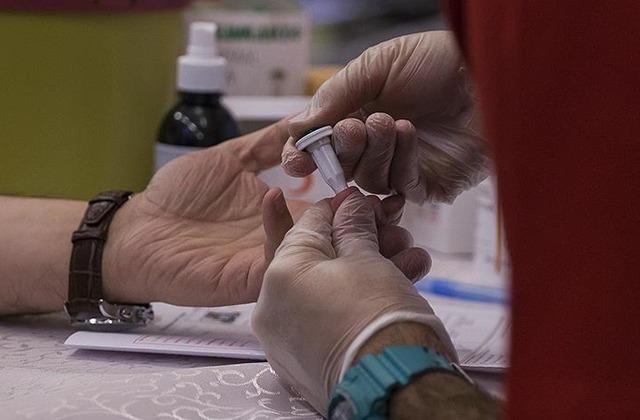
STEM CELLS DO NOT HAVE ANTIGENS THAT DETERMINE BLOOD TYPE
According to the research in TUBITAK, since stem cells that have not yet turned into red blood cells do not contain antigens that determine blood type, in order to prevent an immune response from being activated after transplantation, the human leukocyte antigen (HLA) match between the donor and the patient is first checked. These antigens, which are found in many of our cells, are used by our immune system to distinguish foreign cells.
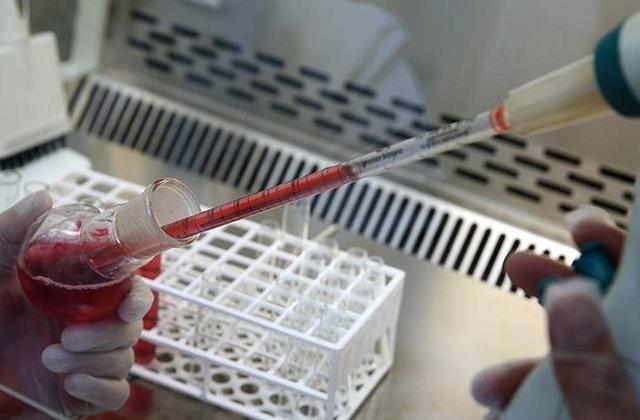
BLOOD TYPE MAY CHANGE DUE TO THAT TYPE OF BACTERIA
Researchers working to make blood donations more effective have shown that blood type can be changed using a bacterium. An enzyme obtained from Streptococcus pneumoniae bacteria can cut the A and B antigens on red blood cells and convert the donated blood group to 0. If the enzyme is made to work more effectively through experiments, it is thought that it will be possible to direct blood to recipients waiting for blood donations more quickly.
